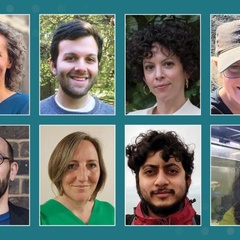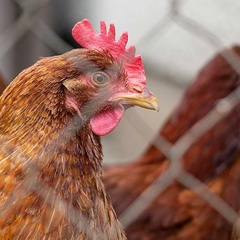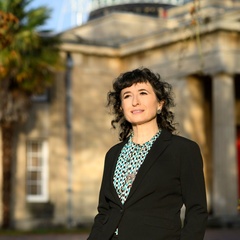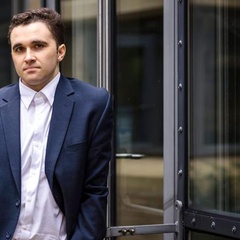22 Jan 2026
‘Revoice’ device gives stroke patients their voice back

22 Jan 2026
Helping babies bloom

22 Jan 2026
Lack of support for people on weight loss drugs leaves them vulnerable to nutritional deficiencies

22 Jan 2026
Targeting the immune system could prevent future heart attacks, clinical trial suggests

7 Jan 2026
Cambridge and GSK announce new partnership
7 Jan 2026
Cambridge academics and Fellows recognised in New Year Honours 2026

7 Jan 2026
Hot flush treatment has anti-breast cancer activity, study finds

7 Jan 2026
Cambridge AI spinout is helping factories become more productive

12 Dec 2025
Eight Cambridge researchers awarded €17 million in ERC Consolidator Grants

12 Dec 2025
Bird flu viruses are resistant to fever, making them a major threat to humans

12 Dec 2025
Sera Markoff appointed 17th Plumian Professor of Astronomy

12 Dec 2025
Cambridge spinout Nu Quantum attracts $60 million investment for quantum computer networking

7 Nov 2025
New treatment for severe spinal cord injury in small dogs achieves exceptional success rate

7 Nov 2025
Cambridge researchers awarded prestigious Synergy Grants from European Research Council

7 Nov 2025
Cambridge researcher awarded Schmidt Sciences fellowship to ensure AI benefits society

